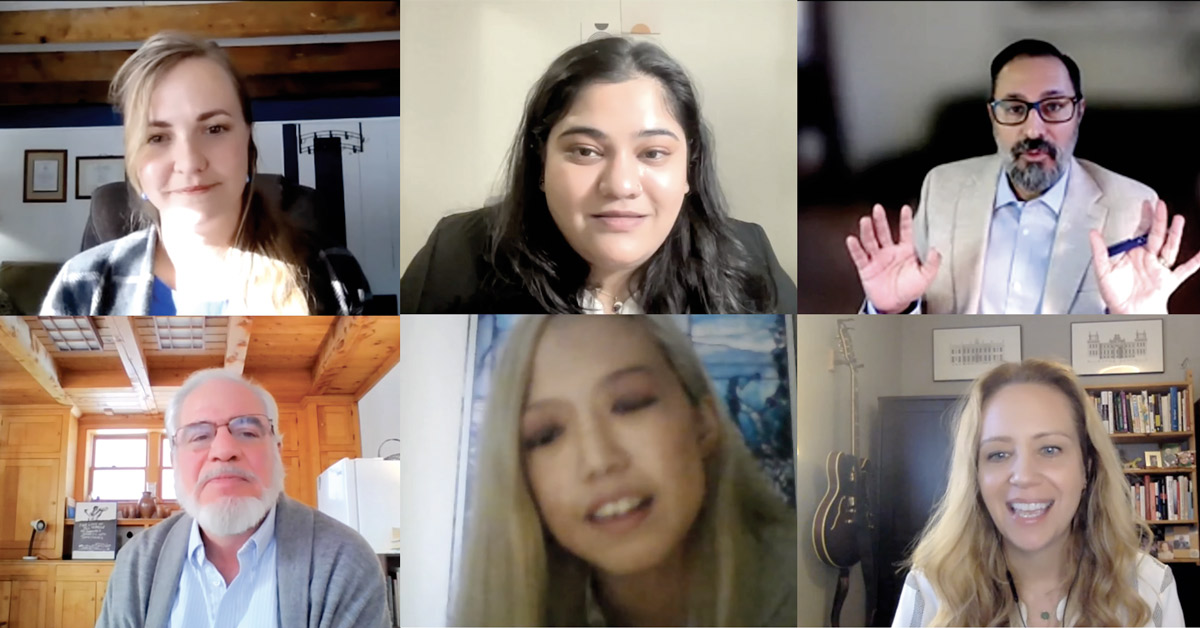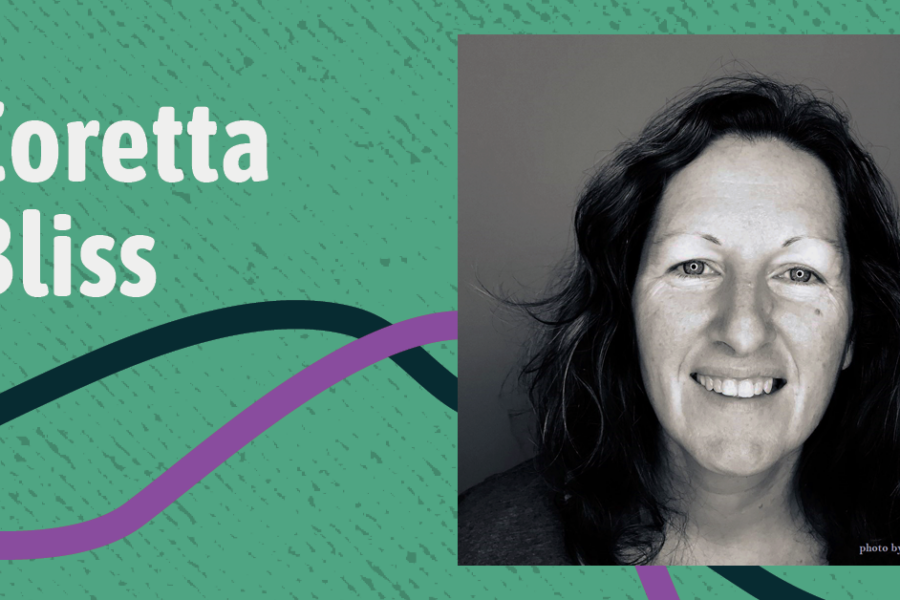“Social justice has been part of the Antioch mission since its inception,” says Lorraine Mangione, Professor of Clinical Psychology at Antioch University’s New England campus. But implementing that mission requires many different approaches. That’s why, on February 4, faculty and students from Antioch’s New England PsyD program and Seattle PsyD program came together for the second annual Social Justice Symposium, with the theme, “Liberation from Colonialism Now: Promoting Research Activism.”
Through four presentations, these student and faculty researchers emphasized how their findings should be a call for action on social justice and decolonization. Specifically, many called for updating psychology training to a practitioner/scholar/activist model. Among the presenters were students from the Decoloniality & Social Privilege Awareness Initiative centered on the Seattle campus.
Jude Bergkamp, Program Chair of the Seattle PsyD and founder of the Decoloniality and Social Privilege Awareness Initiative, says that he and the other originators of the symposium, Kate Evarts and Dean Hammer, sought to “join in our love for clinical psychology along with our deep dissatisfaction with it, specifically in its colonial roots and denial of sociopolitical forces that pathologize the individual.”
Evarts, who is core faculty and Director of Student Affairs at the New England PsyD, agrees. “Working to resist a system built to resist resistance is draining,” she says, “and it takes a dedicated community.” The symposium offers a place for that community to come together. As she puts it, “The annual symposia allow us to share the fruits of our collaborations and relationships while engaging in activism through decolonizing research.”
One presentation, which was recorded and can be viewed online, was titled “Decoloniality in the Study and Practice of Psychology: A Faculty-Student Collaboration.” It took as its subject the specifics of psychology education itself. Led by Jack Krizizke and Cynthia Scheiderer, students in the Seattle program, this talk detailed the history and impacts of coloniality on education. They also offered an action plan for bringing decolonial practices to doctoral clinical psychology pedagogy.
Another presentation was titled “Colonialism, Control, and Copulation: A Primer on Reproductive Justice.” Led by three students in the Seattle program, Heather Morris Trip, Ash Lonikar, and Abby Staley, this presentation focused on the history of reproductive justice. Areas of discussion included recent political events and their implications, and the talk ended with a call for action on reproductive justice.
Susana Gomez, a third-year doctoral student in Clinical Psychology in New England, presented a talk called “Neurodiversity and Social Action: Exploring Oppression and Liberation Through The Jungian Cognitive Functions.”
And the last presentation explored sexual violence against Asian American women. Quynh Trần, a fifth-year student in New England, and Henna Chandel, a rising third-year student in that program, presented “Sexual Violence Against Asian American Women.”
The symposium was a strong success, and organizers are already looking forward to the next year’s offering. While everyone who attended the presentations or watched the recordings learned much about these topics, the people who got the most out of it were the presenters and organizers. “This workgroup encourages students and faculty to be active, thoughtful, and creative in making a better and more just world,” explains Mangione. She emphasizes that this is helping everyone in the program reach new levels of thought and action around social justice. As she says, “Psychology and the world need this level of reimagining.”




